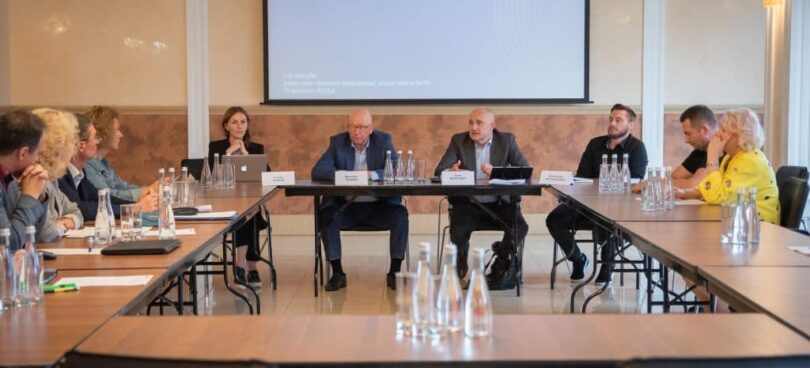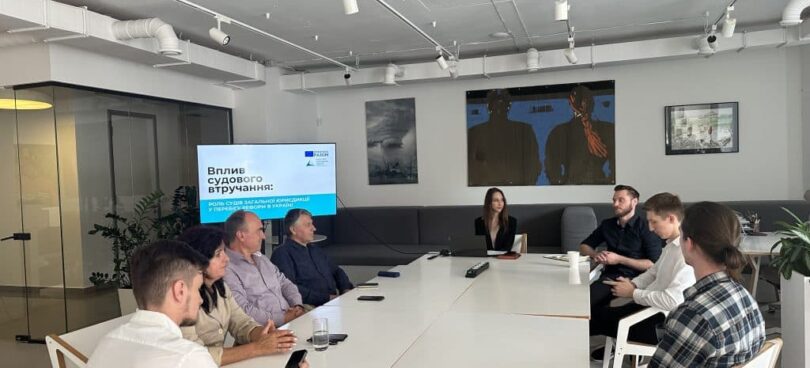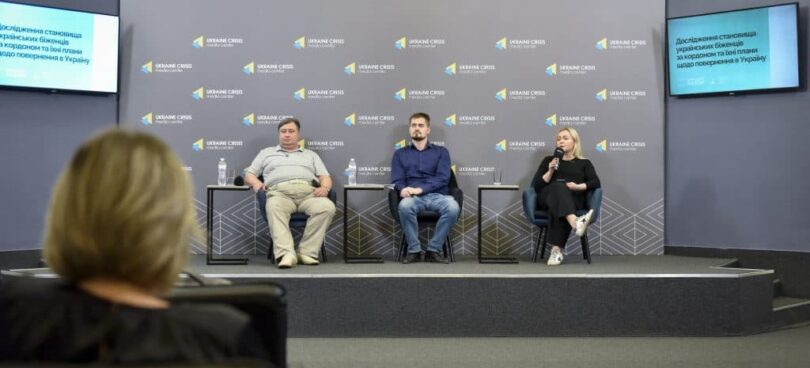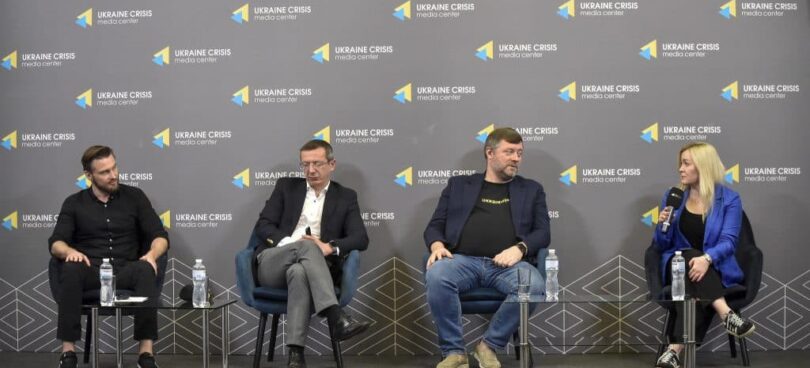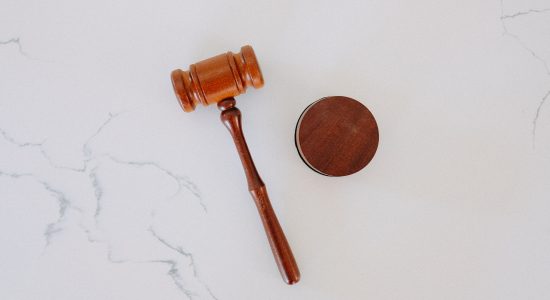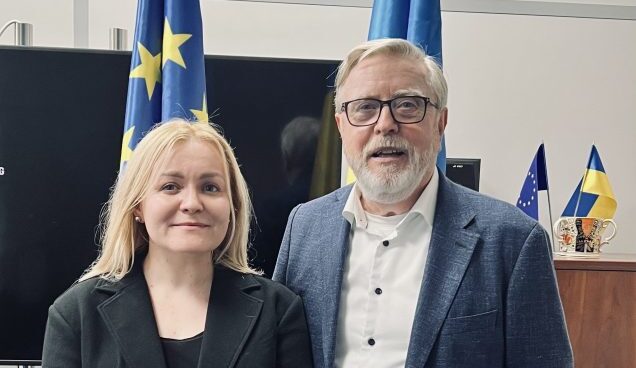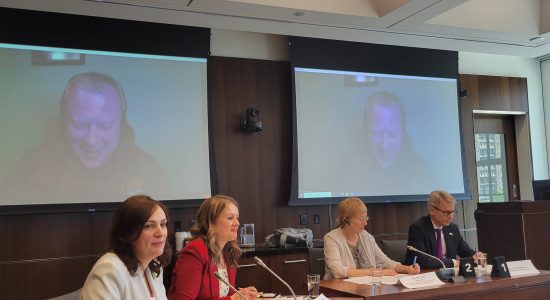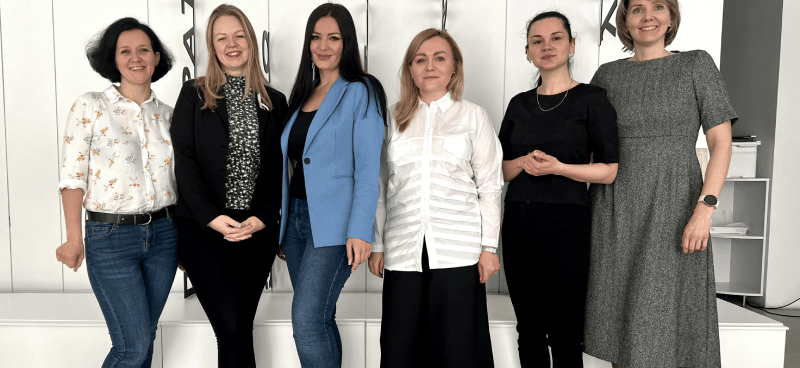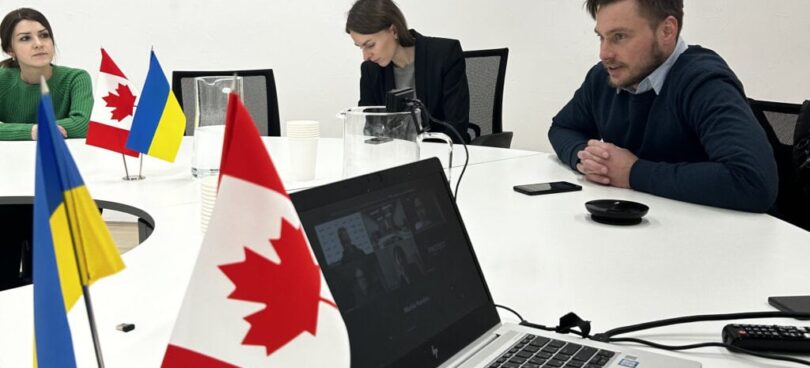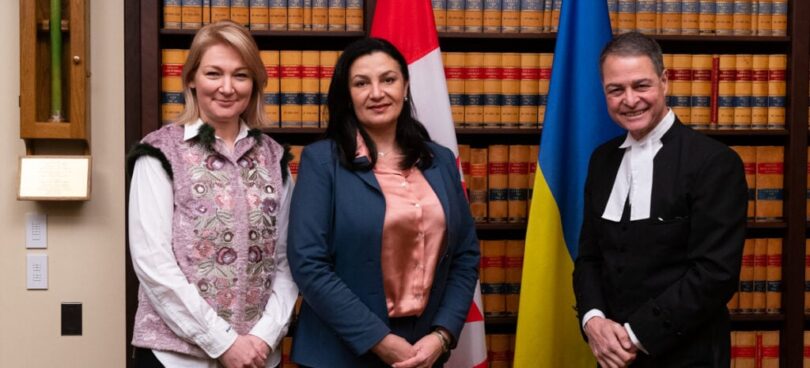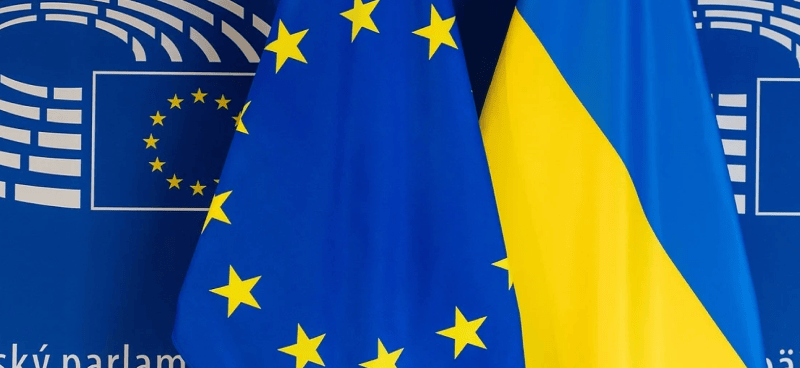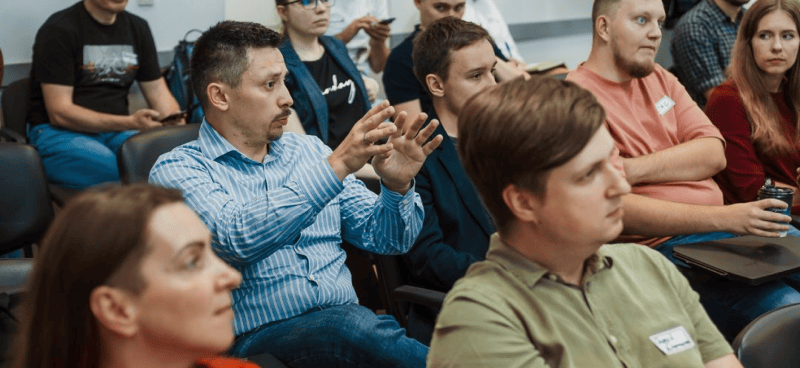Svitlana Matviienko, Chairwoman of the Board of the Agency for Legislative Initiatives and Director of the Ukrainian School of Political Studies, took part in the “Conversation over the cup” at the invitation of the Konrad Adenauer Stiftung in Ukraine. In particular, together with journalist Philip Dykan, Svitlana Matviienko discussed the topic of women in politics: how can women join the political process, what will help us to overcome stereotypes, and do we need gender quotas?
We gathered the most interesting from the conversation:
A woman in politics does not necessarily hold a position. She is a woman who is a successful political journalist, a public intellectual, is involved in educational programs, develops what we call democracy in the broadest sense of the word, works in communities, and volunteers. If a woman is active anywhere, she usually has an impact. And then her path may end in political beau monde. It depends on the intention of this woman. Many women have had an extraordinary influence on world processes, especially ideological ones, in their daily work, such as Hannah Arendt, Simone de Beauvoir, and Susan Sontag. People have to come into politics to do something. Specifically. This can always be limited in time. You can’t get involved in politics for the sake of a job or a pension.
The worst thing I’ve seen over the years is the drug of having power. It replaces the accents of the personality so much that, having lost this power, a person feels “broken” and no longer sees himself outside this ritual, such as working in the Verkhovna Rada, voting for some laws, going on TV. But this is manifested not only in women. I saw a lot of men and women who, being one cadence, for example, as a member of parliament, then recovered for a long time that they no longer have this power.
If you saw whom political parties include in their lists, you would be very surprised. The process, which must be completely adjusted by a person’s biography, life experience, plans, and ability to do something, is replaced by counting the number of women on the list to fulfill all the necessary formal features. It is very bad.
Most of our men and women grew up in patriarchal families. Only civic and political education will help to overcome these stereotypes. But we have to understand: kindergarten and school will never be enough if the patterns that a child perceives at home reflect the humiliation of women and girls compared to men and boys.
Women always have to work harder. Research shows that women can work much better and achieve better results simply because of social pressure. Because they know that they will be asked to do more, it is difficult for them to achieve recognition. This is happening not only in politics but also, for example, in academia. My university professor kept saying: “A woman who studies philosophy is something like a guinea pig”. It could and, of course, affected all the female students.
It is possible to increase women’s ability to win elections, first of all, through political education. We run programs such as the Party Innovation Hub, the School of Community Leaders, and the closed Parliamentary Program, where women can acquire skills they lack.
Education is the first. The second is not to be afraid, but to try. If you do not try yourself in the political process and elections but you say you always wanted to do it, nobody will know how to work with you: neither the best political technologist nor consultant.
The third is to go to people. Communicating properly, conveying your thoughts, and gaining support are possible only in personal communication. The Internet and various online tools will certainly help you. But your people need to know you. And the more they know you, the more chances you have to prove to them that they may trust you.
See more in the live recording of the conversation.
Thanks for the opportunity to the Konrad Adenauer Stiftung! We really appreciate our partnership.

